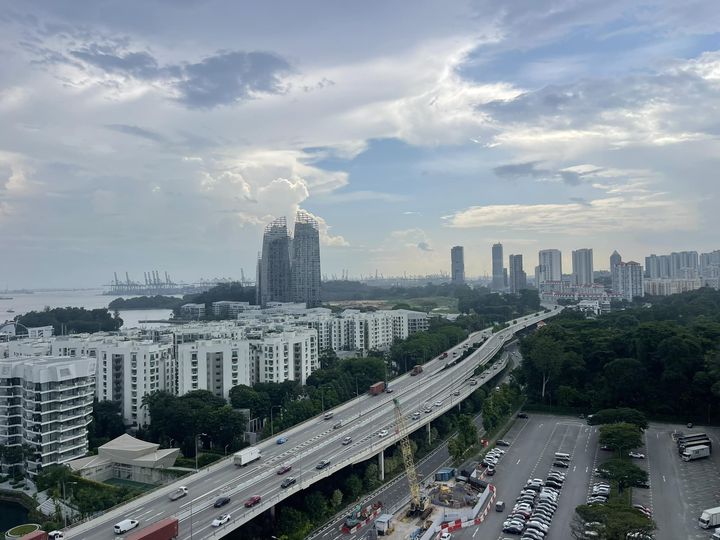By Denis Jjuuko
There is probably a high-ranking government official on every flight that departs from Entebbe going for some meeting, family holiday or benchmarking expedition somewhere in a country they consider developed. On arrival at the airport of their destination especially where there is no protocol official waiting for them on the tarmac, they follow every single rule, queueing up like everyone else to clear through immigration, customs and grab a taxi to their hotel.
The trip from the airport to the hotel mesmerizes them, openly admiring how the country is so beautiful and organized. They engage the taxi driver in small talk about the country and the city.
On arrival at the hotel, they realize that they don’t have to stock up on bottled water, the tap water is safe for human consumption without first boiling it. In the bar for some drinks, they see a young woman jogging at midnight alone. They see another walking in the street not worried of anyone giving them a scorpion kick so they can violently steal their smartphone. They have tried since their arrival to count potholes in the city and it ended up as an exercise in futility because they couldn’t find one.
They shake their head and wonder how the country made it. In that moment, they promise to do something on their return to make Uganda better. For a few days, they note everything.
On arrival at Entebbe, whatever they have learnt seem to evaporate from their head. They jump the queue at the airport. Jump into their SUVs and abuse every traffic rule in the book. At the next conference in Kampala, once they see journalists with cameras, they complain about the mafia, about corruption and talk about mindset. They forget that actually they occupy the offices where they can make a difference.
They know that at their office desk, there is a heap of papers that need their signature but they have been too lazy to attend to them. Some have been there for months. In the meantime, suppliers are collapsing because they have not been paid for services and goods delivered. They are happy to work in a building with a leaking roof, a compound that isn’t being slashed and floor tiles that are bouncing and need refixing.
Instead of working on these small things, their mind is on buying an apartment in the well-run country of their last visit. Yet that country is well run by their counterparts they just visited. The technocrats in the well run country aren’t special or even smarter than the Ugandans. Some even attended the same universities. They are just diligent. The law works as well. The price of being corrupt if caught is high so everyone tries their best to do their job.
Some of the things that make these so-called developed countries are not even hard to do or too costly to implement for any government. For example, how much would it cost to identify a tree species that can be planted along Ugandan roads to make them a little beautiful? With Uganda’s climate, many of these trees wouldn’t even need watering. They can survive on their own. With all the stones we have everywhere, why is paving a road or walkway such a hard thing? You can cut the stone and shape it and a walkway is fixed for a century.
Many technocrats have built hotels everywhere to tap into conferences and events. They can charge a premium if they made sure the country works. The country won’t attract international conferences when they see trending videos of thugs on boda bodas waylaying anyone with a bag in broad daylight in the middle of Kampala. They will wonder what will happen to them at night.
The organizers would not bring a conference here unless they are sure that if any delegates had a medical emergency, they would be properly taken care of. If Nairobi is our referral hospital, then they will take the conference to Nairobi. The government technocrat who built a “fancy” hotel will not make money.
Foreign investors won’t build their factories here and the local businessmen are too poor to do so as well. Many young people won’t have sustainable jobs. Apartments in Najjeera and Kyanja will remain empty or occupied by slay queens or six-packed boys who can’t consistently meet their rent obligations. Some may even offer to pay in kind.
Our corrupt lot need to think of a time they won’t be in government and make sure the country works for everyone. That way they will protect their loot and most importantly create a generation that won’t have to be corrupt to live a good life. That way their grandchildren would retain what they have stolen today.
The writer is a communication and visibility consultant. djjuuko@gmail.com










